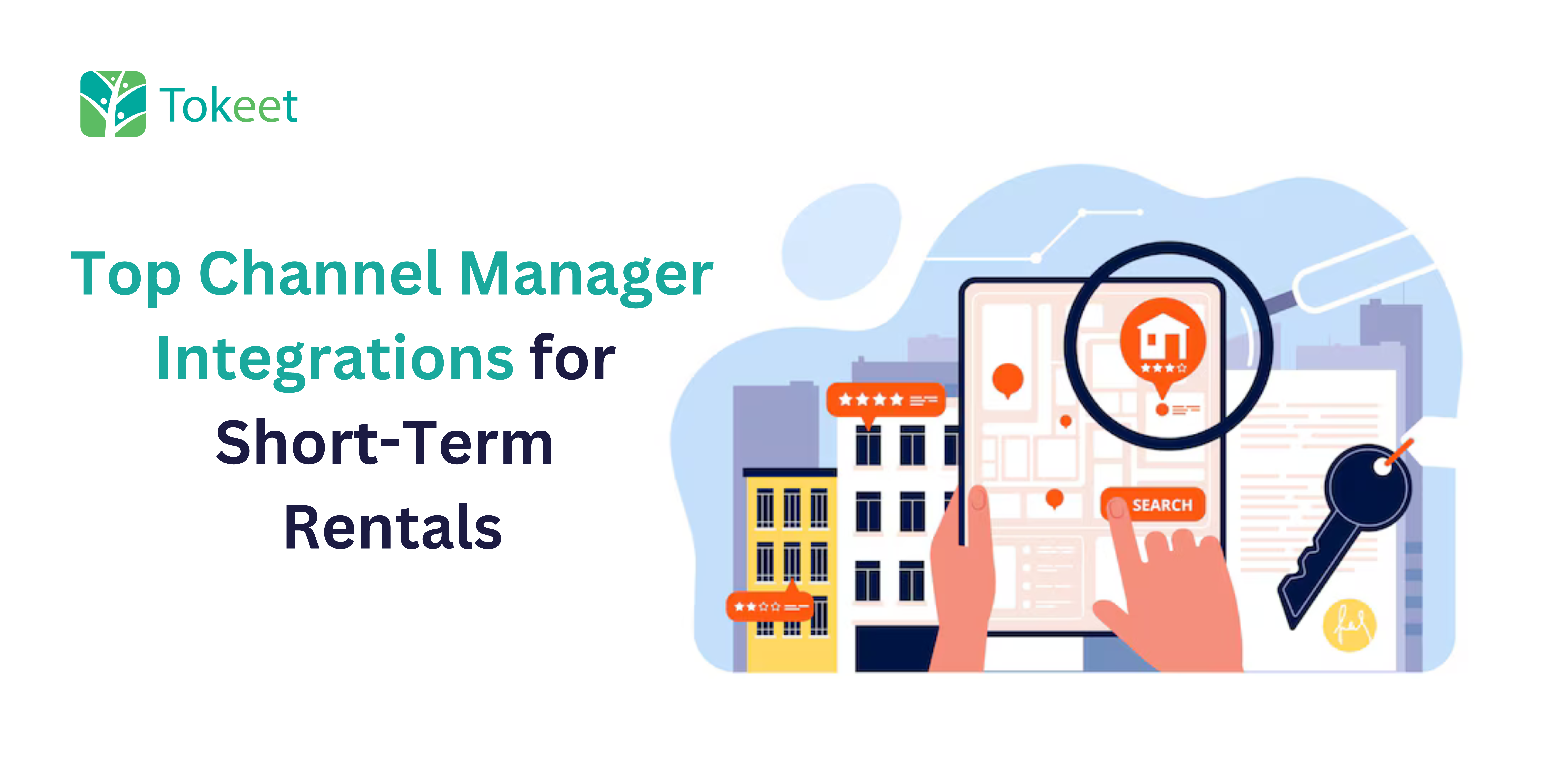One of the best things about short-term rental schemes is that it allows blue collar people the chance to own and maintain a second property. Most people would never be able to justify taking a mortgage on another home or tying up their savings in real estate without a return expected. This leads to a lot of people searching for properties in their ideal vacation spots, often outside of their home countries.
Owning a foreign property can be a great investment, and set you up with a perfect vacation/retirement scenario as well. And, of course, it can be lucrative. It’s the kind of stuff timeshare salesman which they could sell, but they can’t because they peddle garbage and lies.
As you can imagine, though, there are some cautionary tales to tell. Making large transactions in a foreign country for the first time is a recipe for disaster. Allow us to impart a little knowledge to ensure you don’t get taken for.
Purchasing property in a foreign country is going to to come with a set of foreign legal hurdles. The first of which is the question of whether or not it’s legal for a foreigner to own property there. That’s not an uncommon law.
Sites like this one provide some good cursory information on the matter, but government resources and lawyers should always be consulted. It’s rare that a country will have no restrictions on foreign land buyers – property size, proximity to designated areas or coastline, visa/residency requirements, familial connections, etc.
Foreign Money
Once you’ve established that you can legally purchase a property, you’ll want to start making considerations for currency exchange. This may seem a little early in the process, but it’s something to keep in mind. The purchase will, as you may have guessed, be made with local currency.
Depending on the purchase process, you may need to have a local bank account. In Mexico, for instance, the exchange of a check coming directly from the purchaser must be made at the time of signing over. Do some research and find a local bank that opens accounts for foreigners – just make sure you bring your passport.
A side note to those who encounter banks providing numbered accounts: this does not mean it’s a suitable tax haven. These banks often report to the IRS once the $10,000 USD balance threshold is passed, same as any other. Don’t get too excited.
Transfer Loss
Something to keep in mind whilst making a major purchase (no matter how good the exchange rate is): transfer fees. Bank fees for transferring tend to be pretty inflated compared to online transfer agents. If possible, use a 3rd party transfer service – Transfer Wise has our seal of approval. For accurate exchange rate checking, use xe.com.
There’s thousands of dollars that can be saved in the transfer process. Nobody is going to tell you these things, so it’s up to you to make choices about how to handle your money before the actual exchange.
Finding the Right People
Now that you have your rights affirmed and safe passage for your money to your country of choice, let’s talk about trust. For a property purchase, there’s going to be more than two parties involved. The buyer, seller, an intermediary, lawyers, agents, signatories, etc. It all depends on where you’re working.
The absolute best way to find people to work with that you can trust is via expat communities. Seek out forums or groups of foreigners – a Google search will likely give you all the resources you need. Ask others who have gone through the process, see who they recommend to get you through the process without incident. It only takes one good recommendation to find a trustworthy associate, who will then in turn make recommendations you can trust.
Avoiding Fraud
Real estate fraud is not an uncommon occurrence for foreign buyers to encounter. Your vigilance is required whilst searching for a property because the fraud usually begins at the listing level. If something looks too good to be true, it probably is. Remember that whenever you enter discussion with what appears to be the deal of the century. Keep your eyes open for any red flags or shady characters.
Usually, the scheme involves some fake paperwork and a sleazy guy selling a house that he does not own. Perhaps it’s rented or abandoned – there will usually be signs. The more sophisticated schemes, however, may not be as easily recognized. They will involve multiple parties – a lawyer, a seller, an agent – all working together to create a pretty convincing sales process.
As bleak as it sounds, foreigners will always be targeted more heavily for scams like these.





